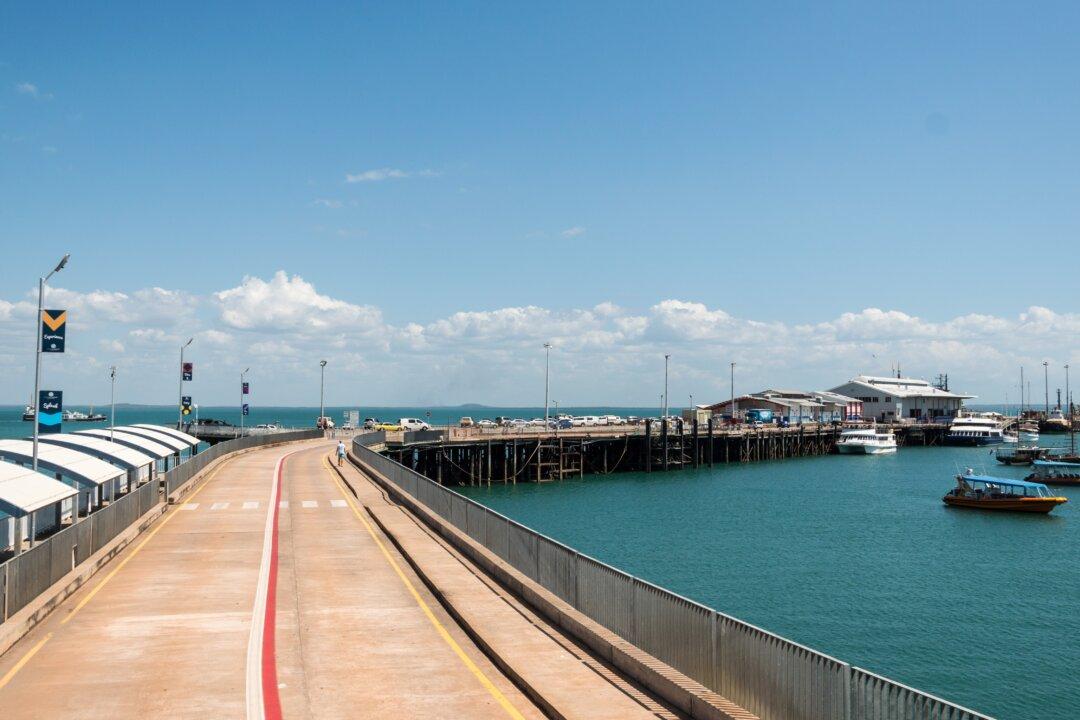A review by Australia’s Defence Department has advised the federal government against overturning the controversial 99-year lease of the Port of Darwin to Chinese company Landbridge, citing a lack of national security grounds.
The review, initiated by Defence Minister Peter Dutton—amid escalating tensions between Beijing and Canberra—was tasked with investigating with whether the Chinese-owned port posed an “unacceptable national security risk” and if Australia should consider renationalising it.




